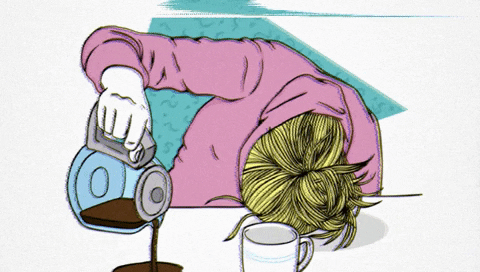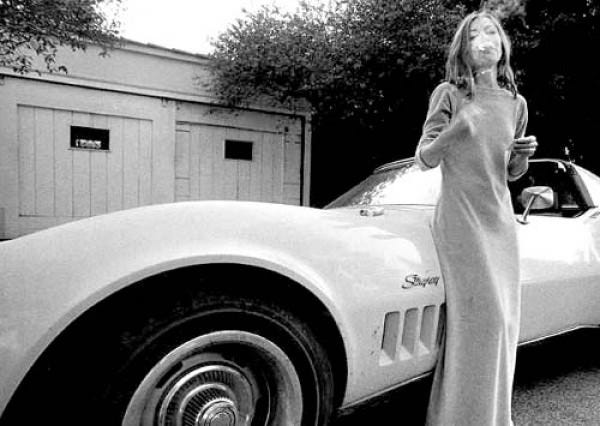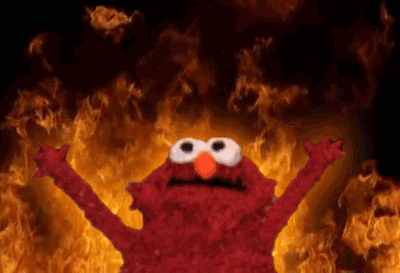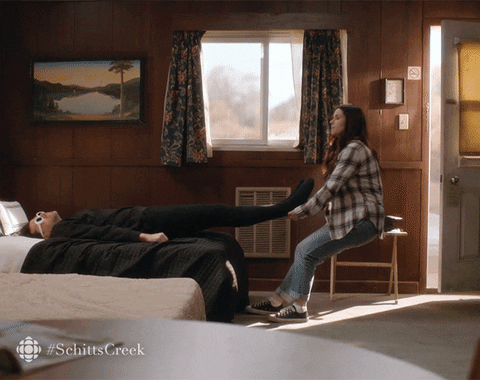I am truly, fully, intensely, overwhelmingly burnout.
I’ve never sloth-crawled my way to the holidays more than I did this year. There was my apathy towards my own writing (including, I’m sorry to say, this very substack), my long untouched list of books to read, my inability to sit and watch a movie over 90 minutes, the dread I felt when applying my favorite make-up, and, most damning of all, the utter lack of patience I had with my students at the end of the semester. Grading final essays took three times longer than it should have. Typical student issues and questions that I usually have plenty of patience for made me immensely frustrated.
I can usually compartmentalize and contextualize the tough bits of teaching around finals time with ease. But this past month, it has felt like someone poking me after I had been flayed alive.
I haven’t stopped loving writing or teaching. But I have run dangerously low on energy and motivation for the time being.
If you ask the experts, they will tell you that burnout feels like chronic physical and mental exhaustion, a lack of motivation, self-isolation, detachment, pessimism, insomnia, depression/anxiety, anger, inability to concentrate…the list goes on. And I can certainly check off a number of those boxes.
But make no mistake: if I am severely burnout, think about the essential workers, medical professionals, first responders, nursing home workers, K-12 teachers, delivery drivers, parents (particularly single parents), daycare staff, caretakers, and others who’ve acutely felt the pandemic’s strain.
I’m not sure I have anything to add to the ongoing conversation about pandemic burnout. Lord knows that given my own privileges, I’m not proud of it.
In addition, I certainly feel at a loss in the wake of the deaths of bell hooks, Eve Babitz, and Joan Didion. Folks far more insightful than I can (and will) have more articulate things to say about their legacies.
But a part of me quietly nags: Surely you could do a little more, write a little something. Surely you have only have nothing to say because you’re so burned out you can’t think clearly.
What especially sucks the most about burnout is that it robs me of the the thing I love most about myself: my ability to think and imagine and create under any circumstances. It places a bulletproof glass wall between me and my energy, my drive, my joy, and my passion. I can see what I want and need, but cannot access it when I could use it the most.
Even when my mind and body have failed me, even when external circumstances don’t go my way, losing my internal drive feels like the very worst thing. I no longer have the spark to work on the projects and ideas that excite me most. As the name suggests, my energy has simply burnt away completely.
All of this is temporary, of course. I am beginning to read again, even if my attention span is short. I have writing ideas that feel faint but make me feel a faraway spark of passion. I know I want to challenge myself as a cook more, even if my heart isn’t in it yet (and good god I am so tired of pandemic cooking).
I can get back to where I was, or a version of it. But I think it’s just going to take me longer than I had hoped.
Because here’s the kicker: burnout, occupational or otherwise, can sometimes take years to recover from. We all want the pandemic to be over, but even if omicron vanished tomorrow, that still won’t cure or fix us. Me, you, ALL of us have a long road to burnout recovery ahead of us.
And THAT is why so many of us on the left have begged the government for parental leave, better healthcare separate from job status, stimulus checks, student debt cancellation, and better services across the board: not because we want handouts, but because the strain of it in a supposed “post-pandemic” era could more than likely crush us completely. Plus that’s not even touching upon the CDC’s wildly tone-deaf announcement this week granting employers the ability to reduce quarantine leave for exposed employees to a measly five days (so much for “rest up and feel better”).
We have a long way to go in recovering physically, financially, collectively, spiritually, and emotionally. The mass resignation is not a sign of generational laziness: it’s the result of close to a million Americans dead and the total burnout of those of us trying to carry this impossible weight on our shoulders everyday.
A great country that cares for individuality collectively needs to do more to keep from squandering its future entirely. That’s not a daydream: individuals need collective support. It’s inherent to our survival. Pretending like we can all go back to a normal that no longer exists overnight is not just foolhardy; it flies in the face of science and history.
We need to slow down. We need more rest. We need work that pays and treat us better (shoutout to the amazing efforts of unions and labor activists nationwide). We need to face the traumas we’ve encountered, directly and indirectly. We need to hold space for each other, but most importantly, we need to hold more space for ourselves.
How will I bring this into 2022? I can’t say for sure, but I know I want to watch more movies, play more video games, get physically stronger. I want to work on not gravitating towards burnout but instead taking better care when I feel the warning signs looming.
Those of you still reading: thanks for your patience and your care. Thanks for all you do, especially the work that’s grown gradually harder and might go unnoticed. I hope your New Year’s is invigorating, and that 2022 brings you rest (whatever that looks like).








